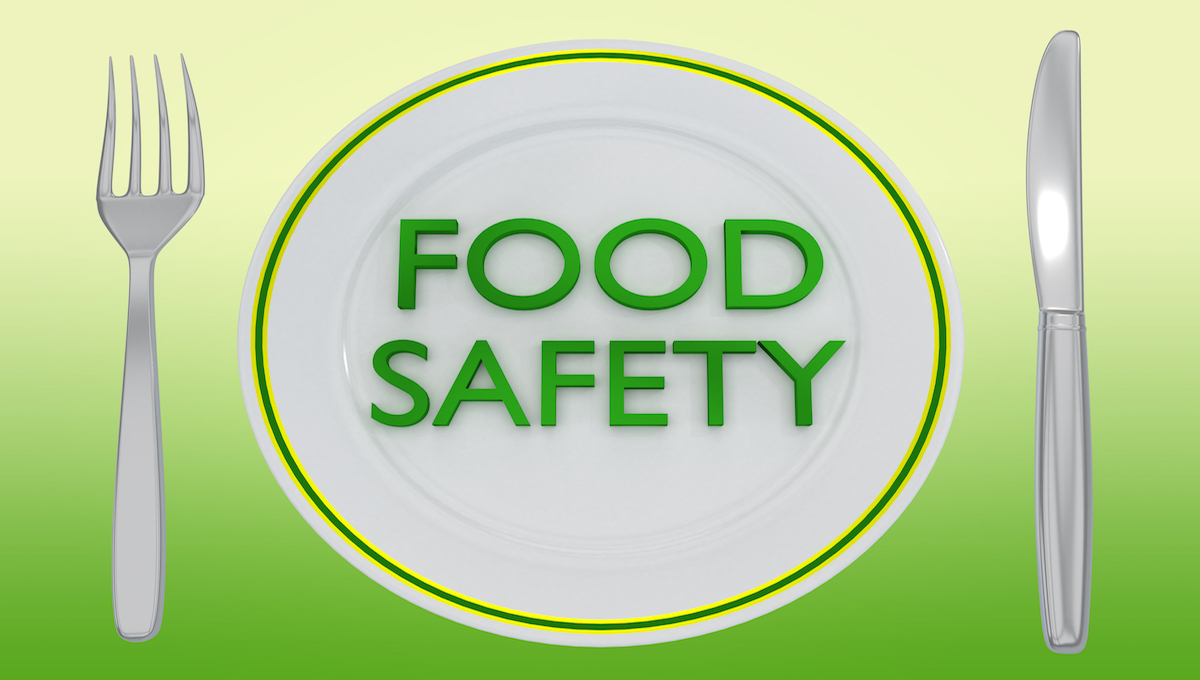
INFOSAN has reported its busiest period ever for the second successive quarter.
The International Food Safety Authorities Network (INFOSAN) dealt with 63 events from April to June compared to 56 in the first quarter of 2021.
With 19, Salmonella climbed back to the top and made up half of the incidents involving a biological hazard. Nine were due to Listeria monocytogenes, four because of Clostridium botulinum, three for hepatitis A, Yersinia enterocolitica twice and E. coli once.
Food groups involved in Salmonella reports were mainly herbs, spices and condiments, and nuts and oilseeds, followed by products for special nutritional use, fruit products, milk and dairy products, vegetable products, fish and other seafood, composite food, and snacks desserts, and other food. These incidents involved member states from all WHO regions including Europe, Western Pacific, the Americas, Eastern Mediterranean, Africa and South-East Asia.
Eleven alerts involved an undeclared allergen or ingredient with most of these due to milk but others because of cashews, eggs, gluten, shellfish and soy. Nine featured a physical hazard such as glass, plastic, metal, rubber and insects. Five chemical hazards were mostly due to histamine but one cited methanol.
The network is managed by the World Health Organization (WHO) and Food and Agriculture Organization (FAO) of the United Nations.
Fish and seafood remains top category
The food categories mainly involved in incidents in the second quarter were fish and other seafood, herbs, spices and condiments, snacks, desserts, and other foods, vegetables and vegetable products, meat and meat products, fruit and fruit products, and nuts and oilseeds.
Other alerts mentioned milk and dairy products, legumes and pulses, cereals and cereal based products, composite food, products for special nutritional use, food for infants and small children, and alcoholic beverages.
INFOSAN also shared how the network was involved in the Salmonella Braenderup outbreak traced to melons from Honduras. Investigations are ongoing to determine if melons from other countries could also be involved in the outbreak.
Slightly more than half of the 63 incidents were communicated to the secretariat by INFOSAN members and their emergency contact points and focal points, 39 percent through the European Commission’s Rapid Alert System for Food and Feed (RASFF) and 13 percent through various WHO channels.
In April, INFOSAN organized an introductory webinar to present the network in Morocco.
Two months later, a workshop was held in Cameroon with the FAO and WHO regional offices in Africa to strengthen food safety emergency response in the country. Another workshop took place in the same month in Senegal.
(To sign up for a free subscription to Food Safety News, click here.)
Article From & Read More ( INFOSAN food safety work continues to increase - Food Safety News )https://ift.tt/3fb0FMA
food

Tidak ada komentar:
Posting Komentar